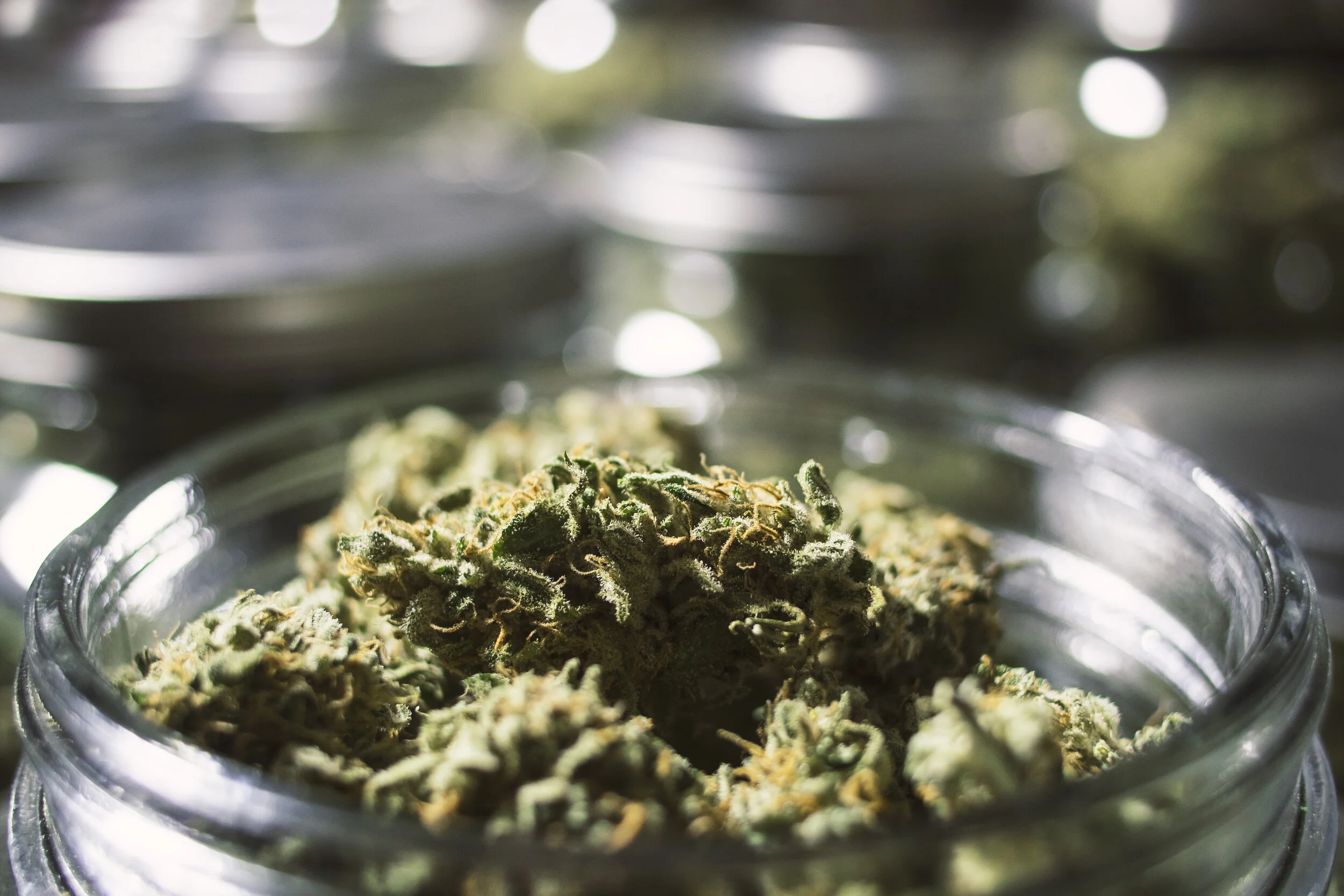California's AB45 Puts Kids at Extreme Risk
/Assembly Bill 45 is the latest in marijuana legalization intended to make access to marijuana (THC) easy and defacto-legal for all ages. Details about the bill can found here.
The marijuana industry wants NO limits on who can consume and how much they can consume. AB 45 is focused on “hemp,” but hemp is a low-THC marijuana plant that can yield high-THC products easily. Hemp farmers are reeling from the reality that no real hemp markets exist - read more. Perhaps AB45 is trying to be a farm bill - but one that hurts kids, should be abandoned.
THC (the cannabinoid in marijuana that makes a user “high") and CBD are fat soluble (lipophilic), so they stay in the body, in the fatty tissues, for a long time. THC is horrible for the developing brain which doesn’t stop until age 25. CBD is less so, but has many researched (documented) side effects (liver damage, interaction with a host of common medications, etc) of which few are aware.
With this, people build up toxic loads of cannabinoids - powerful neurotransmitters with negative implications to brain health and over all well-being, not to mention reinforcing the addiction process and degrading cognition.
AB 45 allows THC and CBD from hemp to be included in all foods and beverages in California and sold in any kind store. AB 45 also includes the new concept of "hemp smokables." These are just another way of getting "high" and are addictive. The 2018 Farm Bill that allowed <.3% THC in hemp products was grotesquely mis-guided, because of cannabinoid toxicity and because .3% by weight is a lot of THC - how much is .3% THC?
California's legal marijuana framework is complicated and non-functioning in many ways, but AB 45 blatantly disregards several safety precautions established in its regulatory code, i.e.:
No THC product can be sold outside of a “dispensary” - a dedicated store that sells only marijuana, marijuana-based products or products with any marijuana-derived components or cannabinoids. The black market still rages on in California. Estimates in 2021 still project that over 80% of commercial activity relative to marijuana (THC) happens outside the legal framework, and like most states, California is lax about CBD and CBD stores. But dispensaries are the law of the land - not anymore with AB45.
No one under 21 may lawfully purchase or consume marijuana and/or marijuana-based products or products with any marijuana-derived components or cannabinoids. AB45 allows anyone of any age to buy and consume.
Products adulterated with THC (THC added) can only contain 10 mg for THC per serving, with an overall limit of 10 servings (100mg of THC) per product. This guideline is categorically ignored in practice, but AB 45 institutionalizes no serving size limits.
Education is a primary focus in Parent Movement 2.0’s mission to try to reduce underage drug and alcohol use, but the legal framework around drugs and alcohol have impact on what we do. Helping political outsiders like parents understand when these frameworks can hurt their kids, is important.
Helping those outside California understand what’s happening here is also important as other parts of the country take California’s lead relative to marijuana legalization.
ParentMovement2.0’s hope is that the majority of CA legislators really do not understand what they are doing with AB45, and we know the public understands very little. As such, Parent Movement 2.0 is launching its social media effort this week to help parents (and other interested adults) understand what is happening with Marijuana Legalization and all its political derivatives, like hemp, etc….
A side note: State Legislators always say, "we only hear from the marijuana industry, never regular constituents." This is because the marijuana industry pays millions of dollars to lobbyists and heavy users to be in contact with legislators, and most regular citizens (unpaid) are unaware of the marijuana industry's constant assault on public health and safety in their state capitals.







